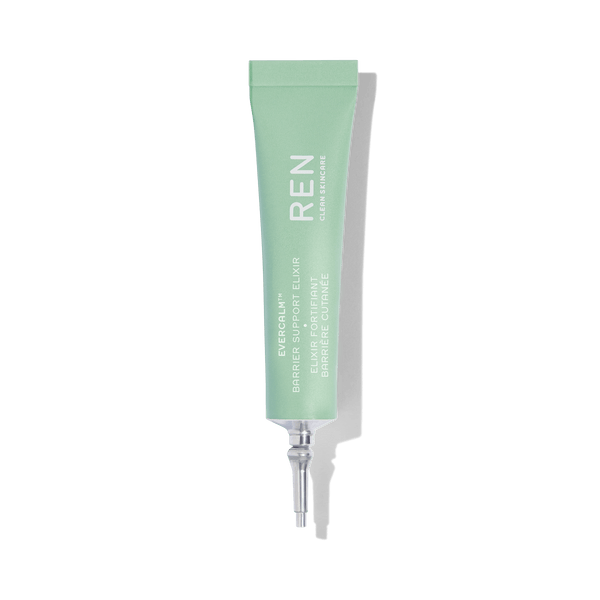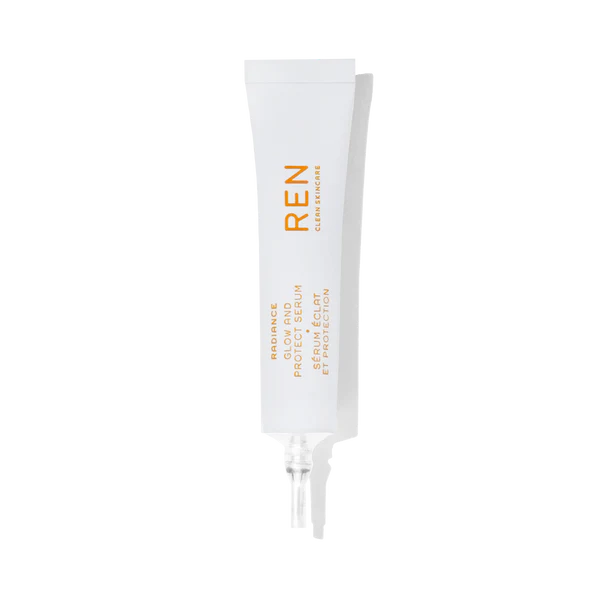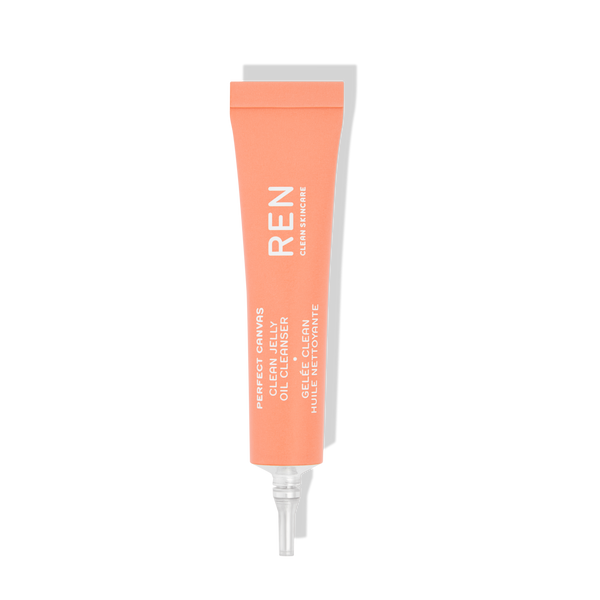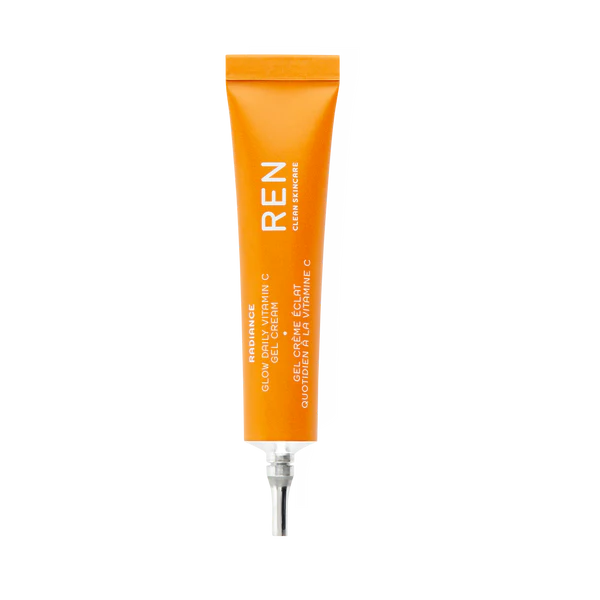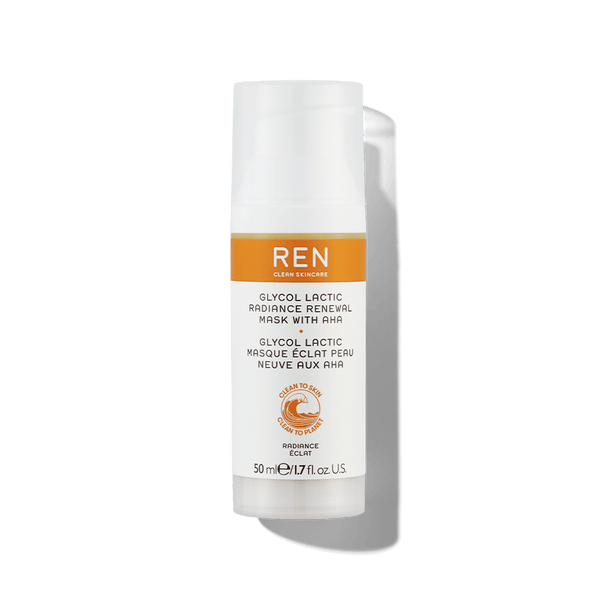How to keep your skin hydrated.

Alright now, who doesn’t want glowing and youthful looking skin? Only the oddballs, for sure! However, achieving such beauty requires constant care and upkeep. You may ask, how often should you cleanse your face or how often should you moisturize your face? The first step in reaching your goal is to make sure your skin is properly hydrated. Keep reading for tips to help your skin look fab!
Why is Hydration Important?
Unfortunately, dehydrated skin can look dull and dry, which is the complete opposite of youthful and glowing! You might also notice dry mouth, a dark tone to your skin, more noticeable wrinkles and fine lines, as well as shadows and dark circles around your eyes. These are all symptoms of dehydrated skin.
When your skin is dehydrated, the cells in the skin layers become shriveled and dried, giving the surface that rough, dull look. In contrast, when there is optimum levels of moisture in your skin, the cells replenish their water content and swell up. This is what gives your skin a plump and bouncy appearance.
Dehydration can be the result of any number of problems. It could be because of your diet, your lifestyle, or sometimes due to health conditions. Even if there are no issues other than age, that’s enough.
Decrease in collagen is more linked to loss of firmness. Aging skin become thinner and the skin barrier has less and less lipids, leading to a decreased ability to retain water.
Frequent and proper hydration can alleviate all of these issues. By staying hydrated and maintaining a high water content in your skin layers, you help ensure your skin looks its absolute best.
How to Keep Your Skin Hydrated
Water is the first thing that comes to mind when you hear or think of the word hydration. Drinking plenty of water is the best way to make sure your whole body, including your skin is properly hydrated.
However, you can also use topical products to help boost your skin’s hydration and make it appear plump and fresh. As you may know, there is a difference between hydrating vs moisturizing products. Some of the best hydrating ingredients include:
Hyaluronic Acid
Hyaluronic acid is a miracle ingredient when it comes to hydrating the skin. It can hold up to 1000 times its weight in water molecules. Hyaluronic acid is naturally present in the body, which makes it safe for any skin type. It absorbs into the skin and hydrates thoroughly. Hyaluronic acid comes in many forms, like serums and essences, and is often infused in clean moisturizer and cream products.
Glycerin
Glycerin is a humectant, meaning it draws water to the skin to hydrate it throughout its many layers. Glycerin is a natural substance and comes in a variety of options. Common glycerin products are both moisturizers and cleansers.
Ceramides
Ceramides are lipid molecules, which are also found in the natural protective barrier of your skin. Topical ceramides help strengthen that natural skin barrier so it keeps all the hydration and moisture inside and keeps external irritants outside. Ceramides are most often incorporated into thick and heavy creams that are designed to target dry and sensitive skin.
Cetyl and Stearyl Alcohols
A type of fatty alcohol, both cetyl and stearyl alcohol are moisturizing ingredients that are also naturally present in its protective barrier as a mechanism in preventing moisture loss. For topical application, these fatty alcohols are usually derived from vegetable or plant oils and are commonly present in moisturizers.
Squalane
Squalane is a slightly different version of squalene, which is naturally present in the sebaceous glands in your skin. Squalene is a natural component of sebum. However, squalane is lightweight compared to sebum and easily absorbs into the skin. Squalane comes in oil form and is also present in some serums, cleansers, and moisturizers.
Lactic Acid
A type of AHA, lactic acid is not just an exfoliator, but also has humectant properties. Lactic acid removes the top outer layer of dead skin cells from the surface, and not only draws water to your skin, but also increases the absorption of other hydrating ingredients in skincare products you may use.
Tips for Maintaining Hydrated Skin
Drink Plenty of Water
As mentioned, drinking plenty of water is the number one way to ensure you are properly hydrated. For best results, try drinking half of your body weight in water every day.
Get a Good Night Sleep
‘Beauty sleep’ may not be a cure-all, but it sure does help. Getting a proper night of sleep allows your skin to rejuvenate itself and replenish anything it is lacking.
Eat a Healthy Diet
Your diet can play a big role in the condition of your skin. A healthy diet that provides your body with the right amount of vitamins, protein, and minerals helps ensure your skin stays balanced as well.
Don’t Take Hot Showers for Too Long
Hot showers are okay, but if you are taking them for too long, they can leech moisture from your skin. However comforting they may be, minimize your time!
Wear Sunscreen
It may go without saying, but UV rays can damage the protective barrier of your skin and disrupt its proper functioning. Use sunscreen to help protect your skin’s moisture barrier.
There’s really no wrong way to keep your skin hydrated other than not doing anything at all. Drink water, eat healthy food, and use hydrating and moisturizing skincare products. Avoid as much environmental pollution as you can and live life to the fullest!
About the Author
Camille Poggi is a doctor in Pharmacy (PharmD.) and is passionate about skincare and how the skin works in general. She specializes in the cosmetic industry and worked for renowned companies in France like L’Oréal and Chanel before moving to London. After being a training manager for 4 years, Camille is at ease with explaining how products work in the skin and how to adapt her speech according to the audience.
She joined REN in January 2020 as International Training Manager and moved to the Research & Development team earlier this year to be the new Scientific Education Manager. A tailored-made role where she assesses and leads all technical communication and ensures scientific compliance is always met. She’s also involved in new product development from the earliest stages. Finding a way to create sustainable skincare products and making sure the message is properly delivered and understood is definitely a big challenge but also her favourite part working for REN.
- Tags: dry skin

